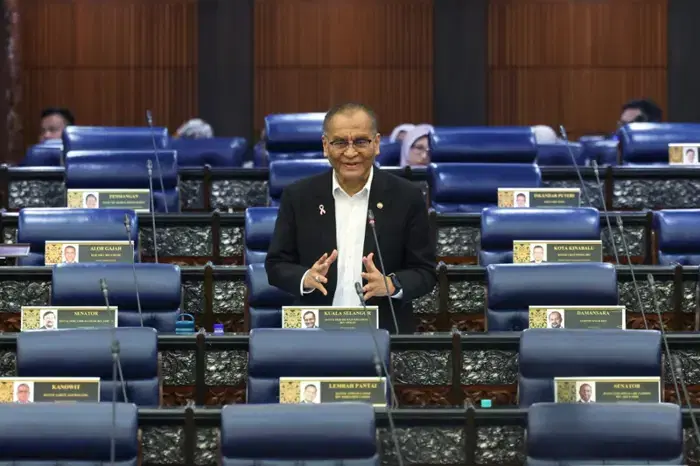A job advertisement seeking Malaysian healthcare workers for positions in Singapore has sparked questions in Parliament, but Malaysia’s Health Minister says the Singapore government is not behind it.
Datuk Seri Dr Dzulkefly Ahmad told the Dewan Rakyat on Wednesday (Oct 29) that he personally contacted Singapore Health Minister Ong Ye Kung to verify the situation after the ad began circulating.
I have spoken with the Singapore Health Minister, and he has confirmed that this is the work of the private health industry and not the Singapore government,” he said during the ministry’s winding up on the Supply Bill 2026.
MP flagged a job ad recruiting Malaysians

The issue was raised by Bayan Baru MP Sim Tze Tzin, who showed a printout of the advertisement targeting Malaysian medical staff.
Sim questioned whether foreign governments were actively recruiting from Malaysia’s already stretched healthcare workforce.
Dzulkefly clarified that while Singapore remains a major destination for Malaysian medical professionals, the specific recruitment exercise highlighted in the ad was initiated by private agencies, not by the state, reported The Star.
Malaysia reviewing bilateral agreements on worker migration

Following the matter, Dzulkefly said the ministry is now looking again at Malaysia’s bilateral agreements with countries that commonly draw Malaysian healthcare talent. These include Saudi Arabia, Singapore, and Australia.
He said the purpose of these agreements is to regulate the movement of healthcare workers responsibly, especially as global shortages continue to push demand higher.
Recruitment must follow WHO’s ethical code

Dzulkefly also emphasised that Malaysia adheres to the World Health Organisation’s Global Code of Practice on the International Recruitment of Health Personnel, which outlines how countries should manage cross border hiring.
“This code provides guidance to member states in managing the international recruitment of healthcare workers,” he said.
It is to ensure that such practices are carried out ethically, minimise the impact on source countries which are usually developing nations, and to safeguard the welfare of the migrating healthcare personnel concerned.”



